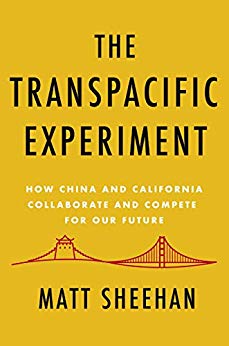
Review of The Transpacific Experiment: How China and California Collaborate and Compete for Our Future, by Matt Sheehan. Counterpoint, 2019.
“To see where the world’s two most powerful countries are meeting, cooperating, and competing today, we need to get outside of Washington, D.C., and Beijing.” Look instead to California. From tech to Hollywood, education to foreign investment, real estate and politics, California is the hub of reciprocal influences that affect and are affected by a rising China more than any other state.
Matt Sheehan, a self-described “journalist, analyst, consultant, and general hanger-on,” captures this “fluid ecosystem of students, entrepreneurs, investors, immigrants, and ideas” in the Transpacific Experiment. Along the way, Sheehan introduces readers to a Beijing tech start-up founded by Chinese returnees from Silicon Valley and rides along with Chinese looking to buy California real estate.
Continue reading “People’s Republic of California”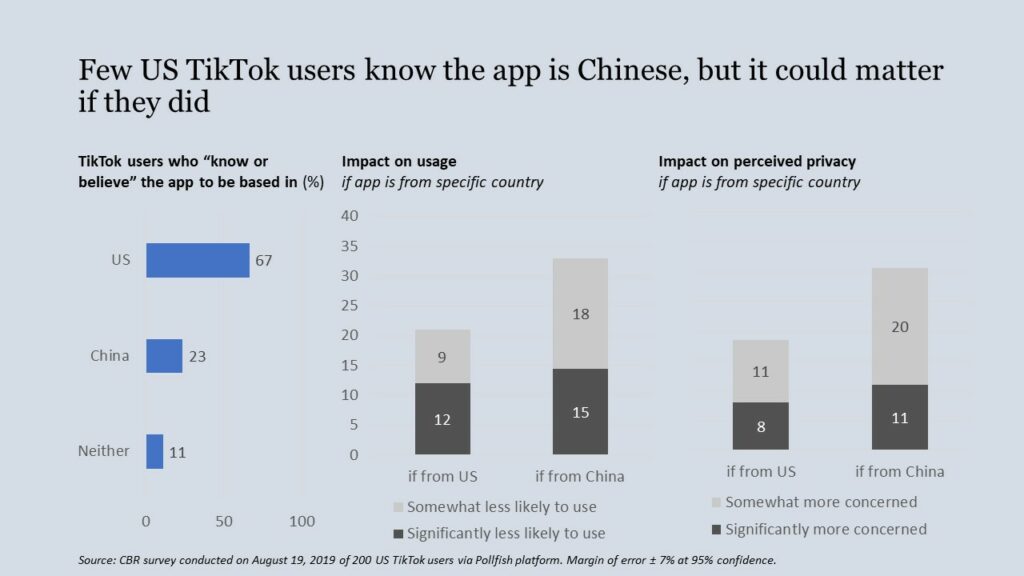
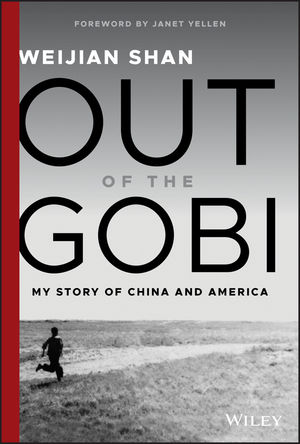
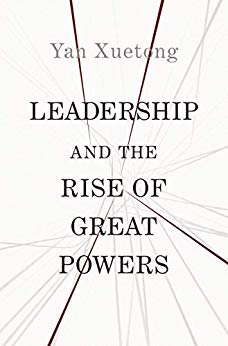
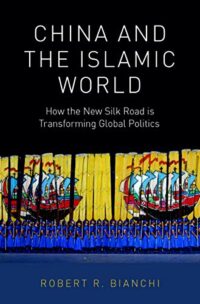
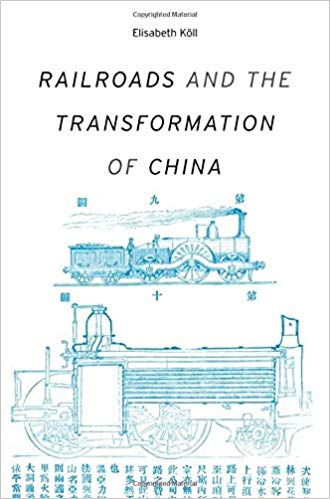
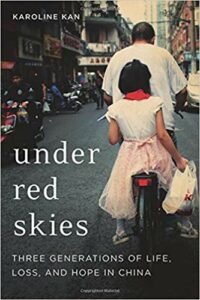
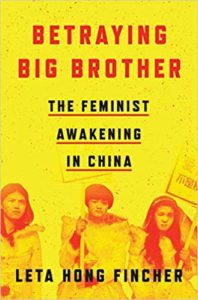 Review of
Review of 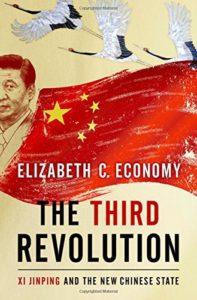 Review of The Third Revolution: Xi Jinping and the New Chinese State by Elizabeth Economy. Oxford, 2018.
Review of The Third Revolution: Xi Jinping and the New Chinese State by Elizabeth Economy. Oxford, 2018.